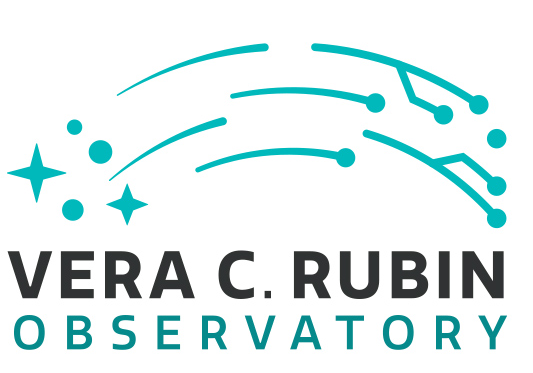Image credits, left to right: [1] Art: Measuring mistakes by Ulrike Kuchner. Lapel pin: CepheidStudio. [2] EROJ003707+0909.5, aka the space-invader. [3] Mapping dark matter with gravitational lensing. [4] Searching for gravitationally lensed gravitational waves.
Welcome to my web-site
I am a professor at the University of Birmingham, working in the School of Physics and Astronomy, as a member of our Extragalactic Astronomy group. During the Winter Semester 2024/25 I was the Ida Pfeiffer Professor in the Faculty of Earth Sciences, Geography and Astronomy at the University of Vienna.
I grew up in West Yorkshire, where I was taught physics by Derek Fry and Henry Allinson at Mirfield High School. When I left Mirfield, I was the first member of my family to attend university. Since then I have worked and studied in Birmingham, Chicago, Durham, Leeds, London, Oxford, Pasadena, and Vienna.
My research interests include multi-messenger gravitational lensing: the detection and science of gravitationally lensed explosive and transient phenomena (e.g. supernovae and mergers of compact objects) in the distant universe. The messengers include optical and infrared photons, gamma- and X-rays, radio waves, gravitational waves, and neutrinos. The overall aim is to investigate big questions in cosmology, fundamental physics and astrophysics.
This is an exciting time across all of astronomy, as the Vera C. Rubin Observatory (Rubin) nears first light. My group leads research on the role of electromagnetic observations in achieving the first multi-messenger gravitational lensing discovery. I am an active member of Rubin's Strong Lensing Science Collaboration (Co-chair 2020-2024), serve the LSST:UK Consortium as Project Scientist, and contribute to commissioning Rubin.
My approach to education reflects my passion for astronomy as a vehicle to help people to make data-driven decisions in modern society, and my broad background. Before astronomy I spent almost a decade in the business world, including a few years as an Honourary Lecturer at the Bradford School of Management.
I was most active in public engagement when I was Director of the University of Birmingham's Observatory, and co-founded Astronomy in the City. Among a few TV appearances at that time, one favourite eclipsed them all :)
Whenever I reflect on life's ups and down, they rarely feel far apart, and these words help to ground me.



